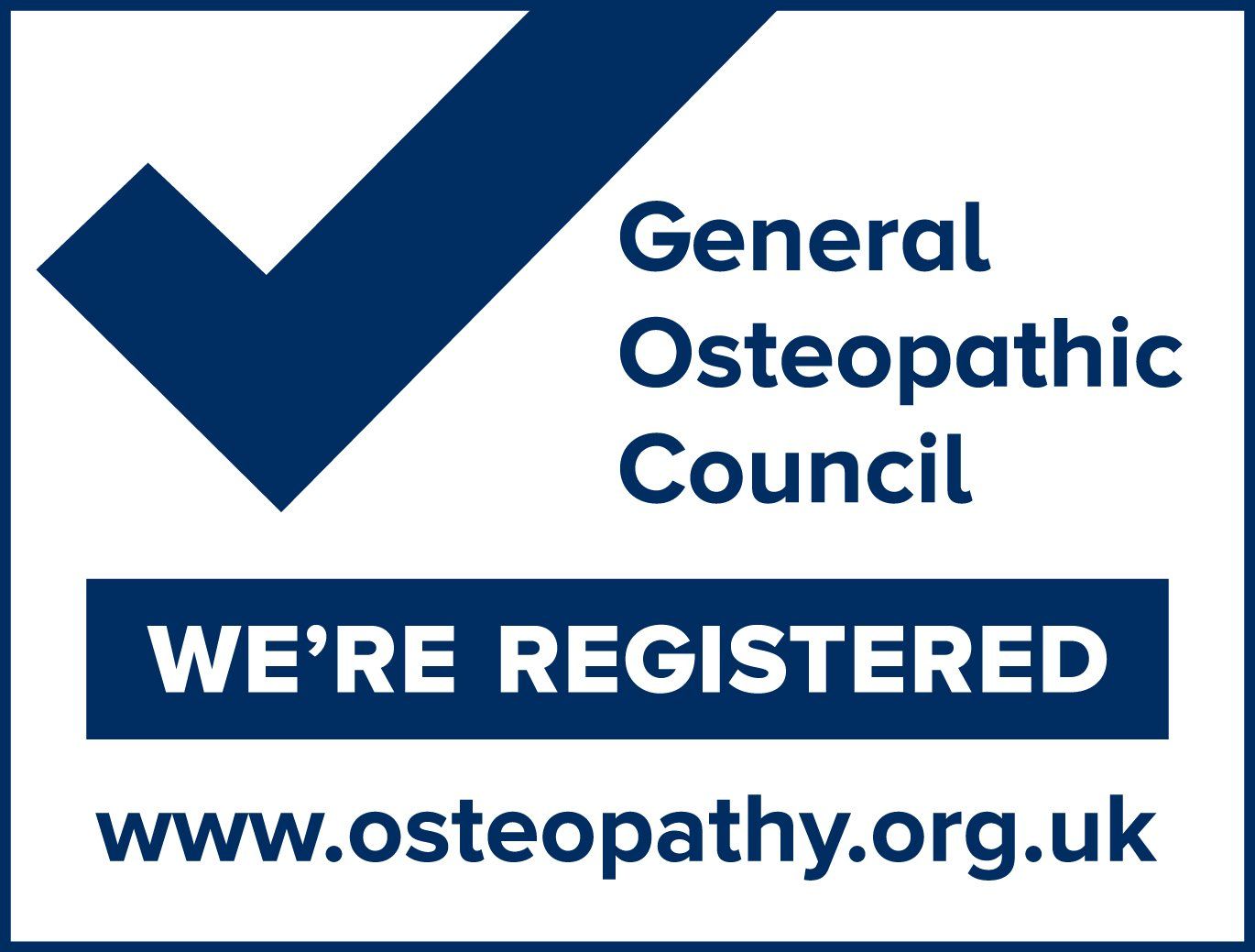Share this post

Spring is finally in the air. The daffodils are out and we are coming to the end of the Six Nations. Not our finest hour for the Welsh team, but a work in progress. It reminds us all to never give up and things will get better.
CONTENTS
- Clinic News
- Osteopathy's role in public health
- Axial Spondyloarthritis
- Bank holiday opening times
Clinic News:-
We welcomed a new counsellor to our team, Claire Roberts of C.H.R. Counselling Services in April. We now have a team of 5 counsellors and psychotherapists as well as a clincial hypnotherapist who are able to look after the wellbeing of our patients. Pontypridd Osteopathic Clinic is becoming a hub for mental health services.
Linda is no longer working with us after 9 years and Waiyee will be leaving us in May after 2 and a half years. We will see new graduate osteopaths in the clinic over the next few months and we are very pleased to welcome Abbie Day our new reflexologist and massage therapist.
Please see our website for details www.pontypriddosteopaths.co.uk.
Osteopathy's role in public health
Can osteopathic care support mental health outcomes in pain-free individuals? The Osteopathic Foundation supported this mixed methods feasibility study by Dr Darren Edwards, a mental health researcher and senior lecturer at Swansea University.
The study aimed to investigate the potential of using osteopathy as an intervention for mental health support, moving beyond its traditional application. The research involved developing a systematic review, a feasibility protocol, collecting and analysing feasibility data, and drawing conclusions for future steps.
A review of 21 studies found osteopathic manual interventions reduced depression but not anxiety, skin conductance, or heart rate variability. Limited randomised controlled trials (RCTs) highlight the need for larger trials. The feasibility study showed promise in interventions, recruitment, and acceptability. Positive psychophysiological and mental health outcomes suggest a potential for pilot/full RCTs. Collaboration with the NHS and the Welsh government could integrate osteopathy into mental healthcare effectively.
“This data is important as it showed us some very promising results that indicate that osteopathy can indeed improve mental health outcomes even in individuals who are pain-free.”
Dr Edwards said ‘The grant from the Osteopathic Foundation was enormously helpful in allowing us to get a foot into this novel and extremely important research area of how osteopathic interventions can promote mental health outcomes.’ (published in Osteopathy Today Autumn 2023)
AXIAL SPONDYLOARTHRITIS
Axial Spondyloarthritis (axial SpA), including ankylosing spondylitis, is an inflammatory arthritis primarily affecting the spine. Axial SpA affects 1 in 200 adults in the UK and the average age of onset is 26. There is a current delay to diagnosis of 8.5 years and between 30-60% of people in the UK with axial SpA have seen an osteopath prior to diagnosis. Osteopaths are therefore well placed to recognise the symptoms and refer on for investigations if needed.
The main symptoms are inflammatory back pain:
• Age of original onset less than 45 years.
• Insidious onset
• Pain improves with movement
• Pain does not improve with rest
• Morning stiffness lasting longer than 30 minutes
• Pain at night
Extra-musculoskeletal manifestations include:
• Uveitis/iritis (Inflammation of the eye)
• Inflammatory bowel disease (Ulcerative Colitis or Crohn’s)
• Enthesitis (Pain in ligaments or tendons where they attach to the bones)
• Dactylitis (Inflammation of a finger or toe with swelling)
Once someone is diagnosed with axial SpA, the medical management is non-steroidal anti-inflammatory medication. If that doesn’t control symptoms, a rheumatologist may consider biologic or other advanced therapies. Exercise is very important to manage the symptoms of axial SpA and prevent some of the postural changes that can occur with persistent back pain. Osteopaths are well placed to give individualised exercises.
There are lots of self-care techniques that can be useful for managing symptoms, but often people with axial SpA do not have time to discuss these with their rheumatology team during their appointments. Osteopaths have the time and expertise to discuss these techniques and help patients incorporate them into their routine. Something that can be particularly useful is to support them to create a personalised ‘flare toolkit’. This may be a physical place, like a drawer or a box, where they place all the items that help them during a flare. For example, hot/cold packs, TENS machines, massage balls or machines, and so on. Someone may prefer to create a ‘flare notebook’ where they keep a note of all these things that help. Having somewhere to go when they feel a flare starting can help them to feel more in control and reduce feelings of stress.
The National Axial Spondyloarthritis Society (NASS) undertook consultations with people living with axial SpA and healthcare professionals and identified that people needed most support to manage their pain, fatigue, and axial SpA flares. From this work, NASS have co-produced Your SpAce, a free online programme for people at the beginning of their axial SpA journey, or those looking for more support.
Osteopaths can signpost their patients to the programme for videos explaining the condition, sharing self-management techniques.
Support for Axial Spondyloarthritis:
1. Your SpAce nass.co.uk/about-as/your-space
2. My AS, My Life nass.co.uk/managing-my-as/my-as-my-life
3. Find a local NASS Branch nass.co.uk/managing-my-as/in-your-area
(published in Osteopathy Today Summer 2023)
BANK HOLIDAY OPENING TIMES
Spring Bank Holidays
Good Friday 29th March, 2024 OPEN
Easter Saturday 30th March, 2024 OPEN
Easter Monday 1st April, 2024 OPEN
May Day Monday 6th May, 2024 OPEN
Monday 27th May, 2024 OPEN
SHARE POST
Recent Posts











